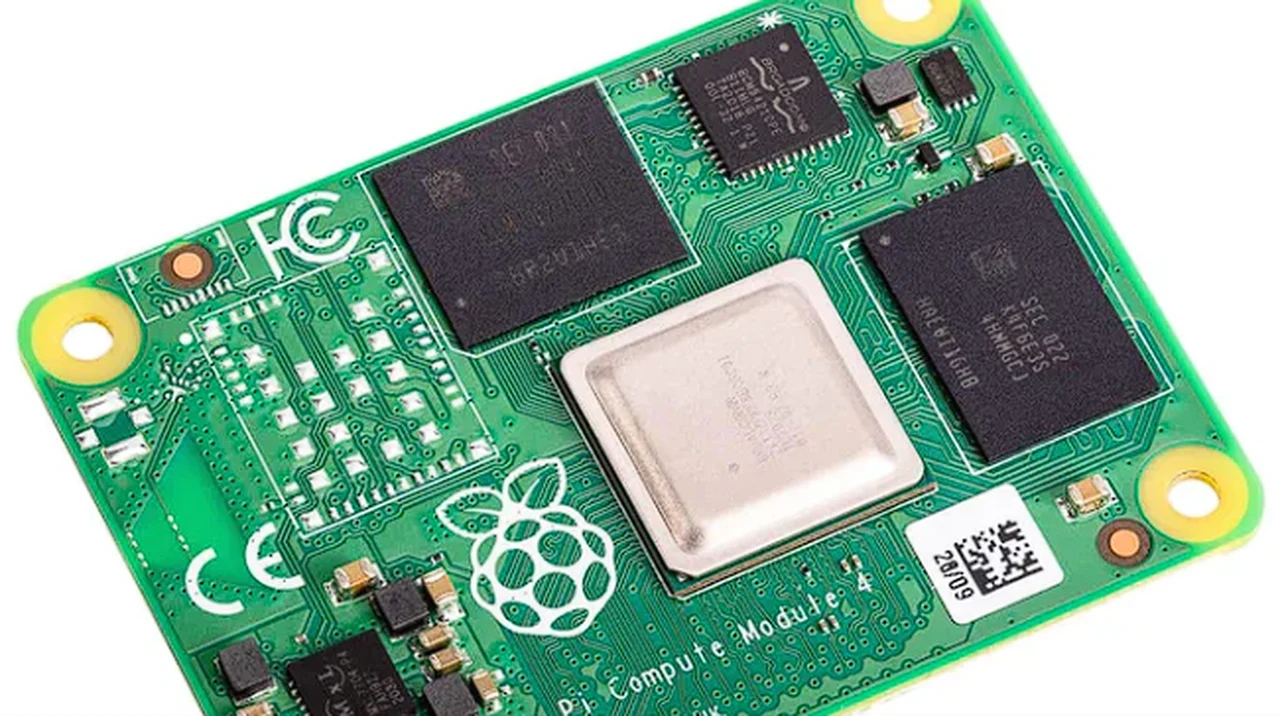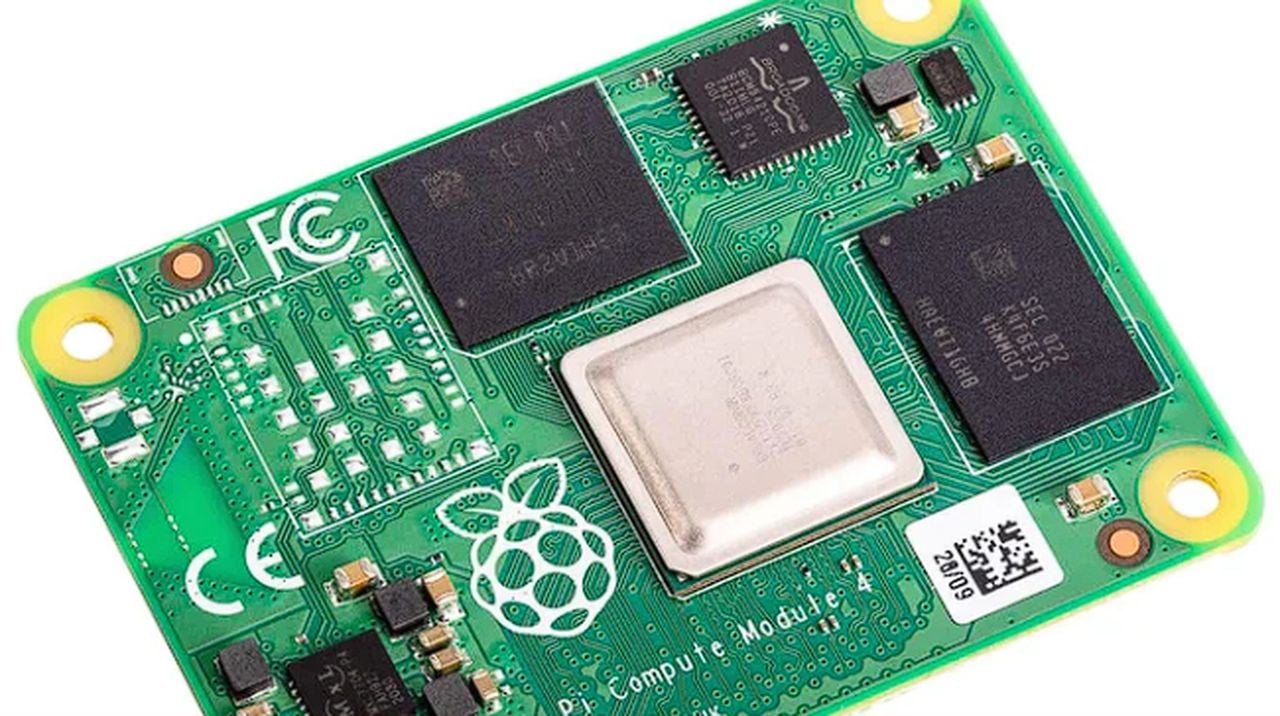
In the dynamic world of compact computing, the System on Module (SoM) technology has taken center stage, with the Raspberry Pi Compute Module 4 (CM4) playing a crucial role in the development of tailored computing solutions. The CM4’s design, which omits standard interfaces like USB and HDMI, necessitates the use of carrier boards to unlock its full potential. After facing significant supply issues since early 2021, the CM4 is making a comeback, much to the delight of developers and tech enthusiasts.
The scarcity of CM4s has led to the rise of alternative boards, often referred to as CM4 clones. These clones are compact computers that serve a wide range of uses, from gaming emulators to smart lighting and industrial controls. It’s important to note that these clones are not carbon copies of the original CM4. They often feature different chips and additional functionalities, which can lead to compatibility concerns and booting problems.
Raspberry Pi Computer Module 4 (CM4) alternatives
When evaluating CM4 clones, it’s essential to consider their performance and compatibility. Each clone has its own set of features and strengths, and while some may excel in certain areas, they might fall short in others. Conducting a thorough performance review and compatibility assessment is crucial to ensure that the clone you choose meets the specific needs of your project.
Here are some other articles you may find of interest on the subject of Raspberry Pi Compute Module 4 :
Looking ahead to 2024, we’re on the brink of seeing some exciting projects come to fruition. The field of industrial touchscreen computers is advancing, and an inventive TV stick adapter for the CM4 is in the works, promising to expand the versatility of your setups. Additionally, specialized flashing tools are being developed to streamline the programming of CM4s.
In the realm of industrial computing, advancements in automation and remote sensing are noteworthy. A particularly impressive innovation is the Pi KVM box, now equipped with USB-C connectivity, which simplifies power and networking arrangements for managing servers remotely.
Despite these advancements, there are concerns about some organizations not adhering to open-source licenses. Maintaining the integrity of the open-source community by respecting these licenses is vital, as they are foundational to much of the innovation in this field.
CM5
There’s also growing speculation about the potential release of a Compute Module 5. While details are still under wraps, the community is buzzing with excitement, eagerly awaiting updates that are expected to come out in the first half of 2024. As always we will keep you up to speed as any new information, specifications or news is released. In the meantime the Raspberry Pi Computer Module 4 is available to by from a number of worldwide resellers.
Filed Under: Gadgets News
Latest timeswonderful Deals
Disclosure: Some of our articles include affiliate links. If you buy something through one of these links, timeswonderful may earn an affiliate commission. Learn about our Disclosure Policy.

